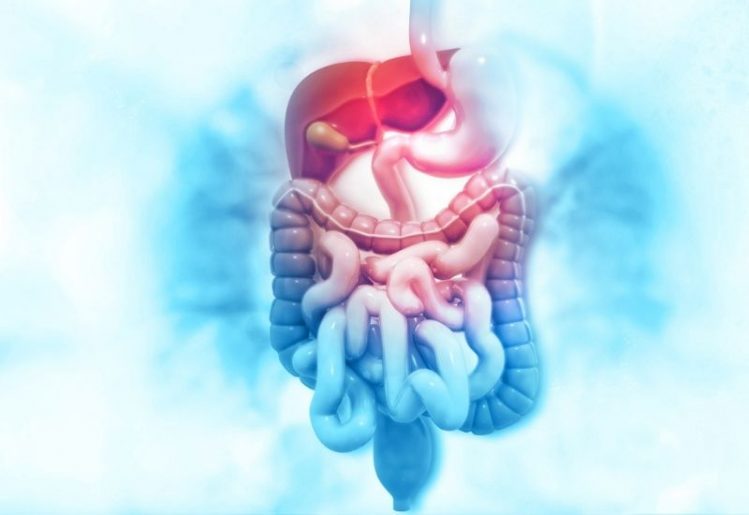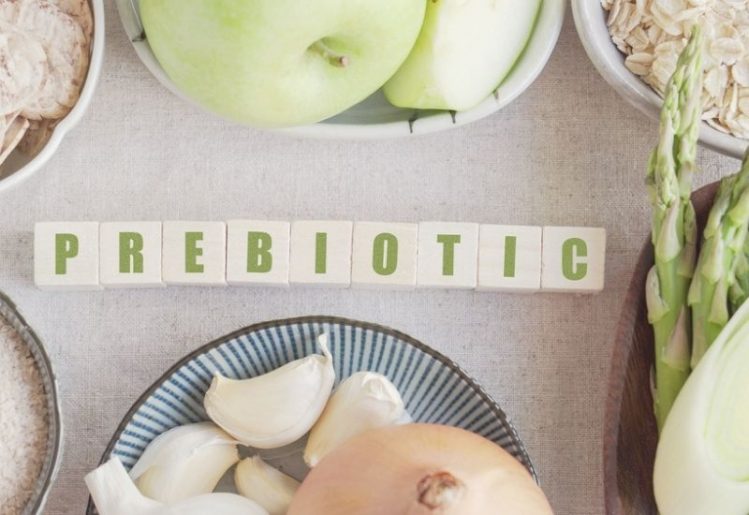Prebiotics, are a type of dietary fiber that help to nourish the the “good” bacteria in our digestive tract and help them proliferate. Aside from the wealth of additional health benefits they provide, scientists are just beginning to better understand how prebiotics help regulate circadian rhythm, assisting in the support of healthy sleep and wake cycles.
Here, you will learn more about prebiotics: what makes them different from probiotics, the myriad of health benefits associated with prebiotics, how prebiotics can help to regulate the body’s natural circadian rhythm and what you can do to make sure that you are getting enough of these important compounds in your diet. Understanding this information more clearly may help you to find the support that you need to regulate your own sleep cycles.
What Are Prebiotics?
 Prebiotics are a type of dietary fiber used by the friendly bacteria that reside in the body’s gut. This group of nutrients also fuels the intestinal microbiota, helping to support healthy gastrointestinal function as well as additional organs in the body.
Prebiotics are a type of dietary fiber used by the friendly bacteria that reside in the body’s gut. This group of nutrients also fuels the intestinal microbiota, helping to support healthy gastrointestinal function as well as additional organs in the body.
It is important not to confuse prebiotics with probiotics. Probiotics are the living bacteria and yeasts that can be found in some types of supplements and foods. In contrast, prebiotics are the carbs that your body is not able to digest, instead sending them directly to the lower digestive tract where they provide the fuel for healthy bacteria to grow and thrive.
In the most general of terms, probiotics are the beneficial bacteria that live in your body while prebiotics are the food needed for these bacteria to function at optimal levels.
Benefits of Prebiotics
The reason that most people are intentional about getting enough prebiotics into the diet is because of the benefits that they provide for the health and proper function of the good gut bacteria. However, prebiotics can also help the body to absorb calcium more effectively. This type of fiber also works by changing the rate at which foods cause blood sugar to spike, helping to control this bodily process.
Prebiotics have also been shown to be helpful in speeding up the fermenting process of foods, hurrying it through the digestive system at a faster rate so that your bowel movements are more regular. The ingestion of prebiotics may also help people manage symptoms of irritable bowel syndrome, as they promote good health in the cells that line the gut.
How Prebiotics Help Regulate Circadian Rhythm
In addition to the most widely recognized benefits of prebiotics, a new study out of the University of Colorado provides data on how prebiotics help regulate circadian rhythm. The study was recently published in the journal Brain, Behavior and Immunity. The results suggest that prebiotics can influence a host of body functions, including the operation of the sleep and wake cycles.
The research project demonstrated that rats that ingested prebiotics hosted higher amounts of good bacteria. These bacteria produced metabolites that protected them from disruptions in the normal sleep cycle. The rats that consumed prebiotics at a faster rate were also able to realign their sleep and wake cycles more quickly when faced with disruptions to their circadian rhythms.
This data could have a profound effect on how external situations such as irregular work schedules, jet lag and lack of exposure to natural light may be treated through the use of prebiotics.
How You Can Get More Prebiotics in Your Diet
Because prebiotics is a type of dietary fiber, it makes sense that you will find this simple compound in high-fiber foods. There are a number of vegetables that are particularly high in prebiotics. These include asparagus, onion, Jerusalem artichokes, cabbage and leeks.
 You will also find significant amounts of prebiotics in some fruits. Good sources include bananas and apples. Barley, oats, flaxseed, corn and whole-grain wheat are also high in this special type of fiber. These foods are also easily accessible, making it a breeze to incorporate more prebiotics into your diet without even knowing it. Other miscellaneous sources of prebiotics include dandelion greens, garlic, cocoa and chicory root. If you know that you are not getting enough prebiotics in your diet through food alone, it is a smart idea to look into supplements that also supply this crucial nutrient.
You will also find significant amounts of prebiotics in some fruits. Good sources include bananas and apples. Barley, oats, flaxseed, corn and whole-grain wheat are also high in this special type of fiber. These foods are also easily accessible, making it a breeze to incorporate more prebiotics into your diet without even knowing it. Other miscellaneous sources of prebiotics include dandelion greens, garlic, cocoa and chicory root. If you know that you are not getting enough prebiotics in your diet through food alone, it is a smart idea to look into supplements that also supply this crucial nutrient.
If you find yourself suffering from erratic sleep schedules, it may be that you need to calibrate your intake of prebiotics and probiotics. Following these tips may be what your body needs to enjoy optimal circadian rhythm function.

